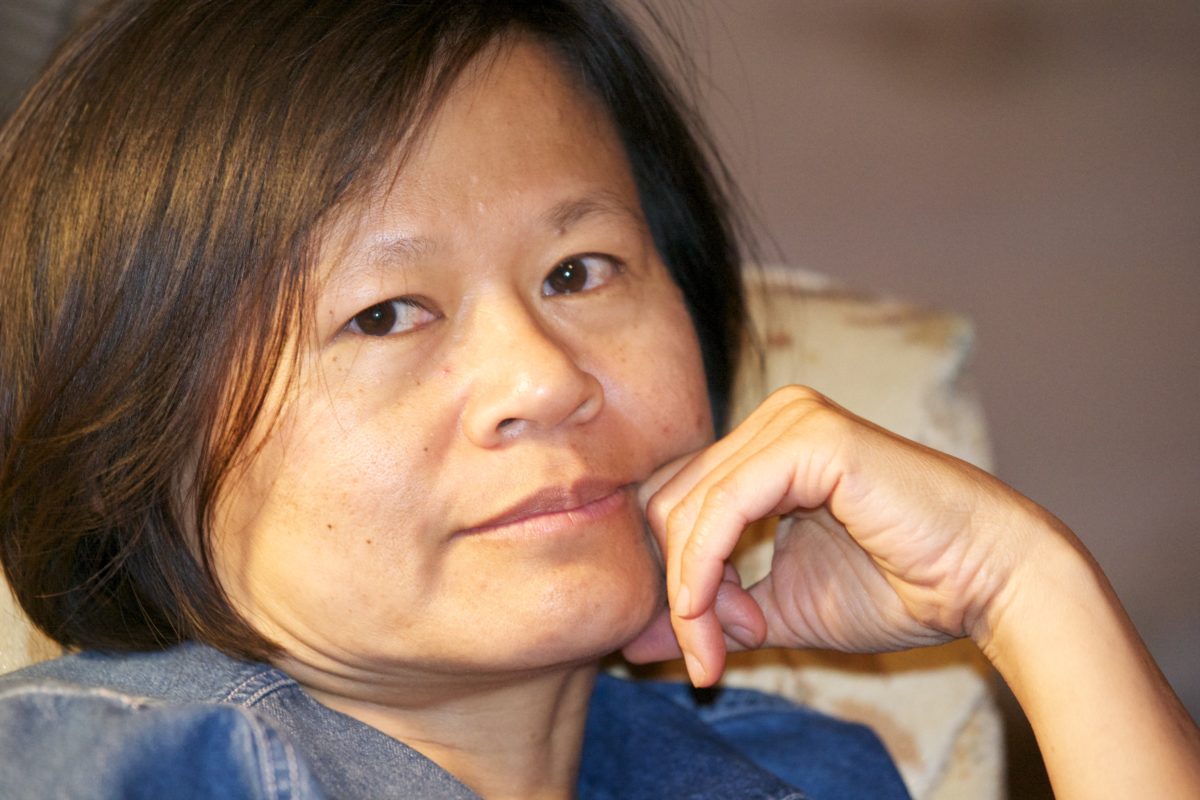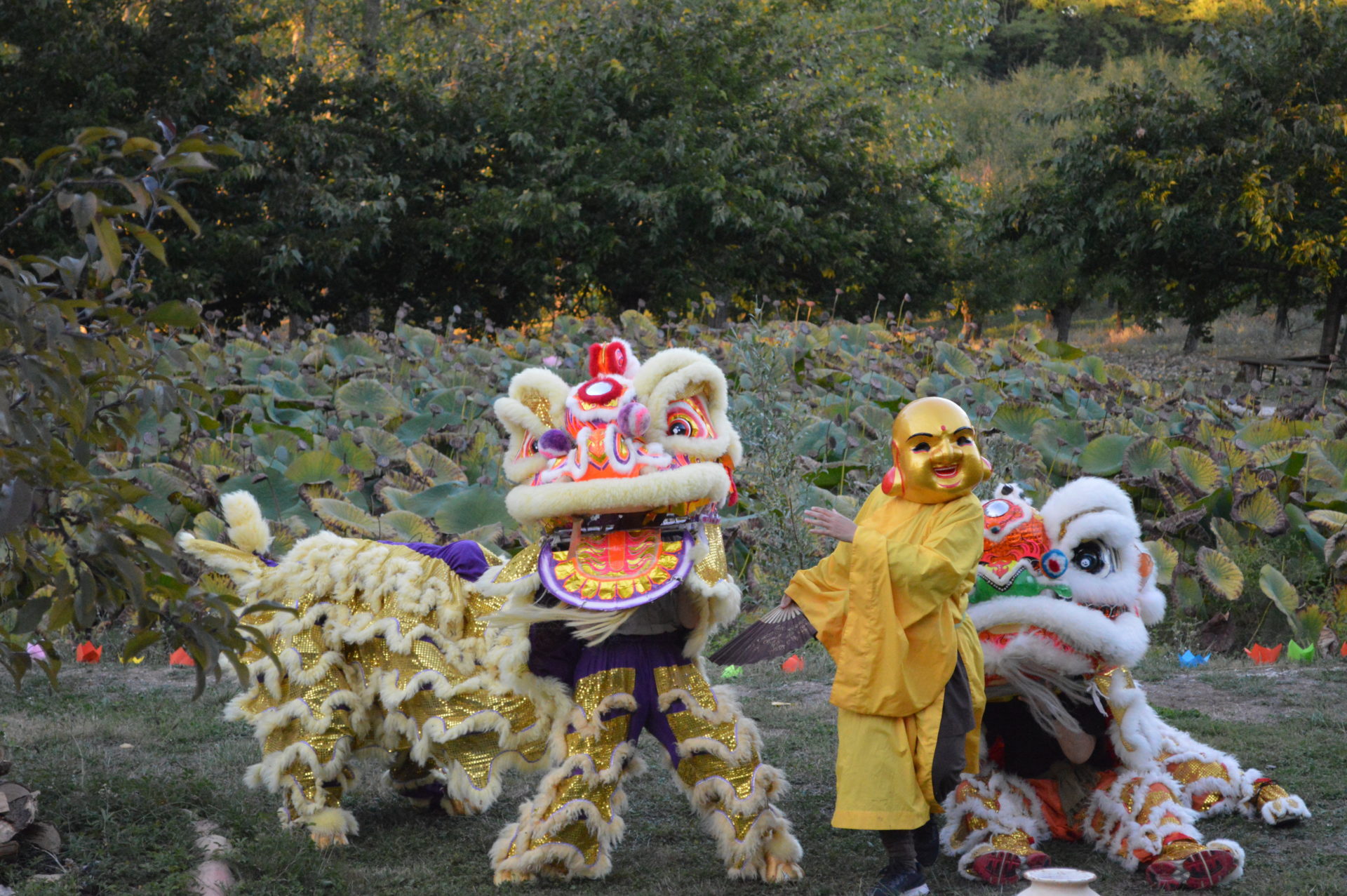To Hear Others on Their Own Terms
By Yenkuei Chuang
“Mom, you never listen. This is what ruins my whole seventh grade year!”
My twelve-year-old daughter was upset because I hadn’t picked up the library books she had requested, and therefore she was unable to complete her homework. After she went to bed, I emailed her teacher to admit responsibility for my negligence. The next morning,
To Hear Others on Their Own Terms
By Yenkuei Chuang
“Mom, you never listen. This is what ruins my whole seventh grade year!”
My twelve-year-old daughter was upset because I hadn’t picked up the library books she had requested, and therefore she was unable to complete her homework. After she went to bed, I emailed her teacher to admit responsibility for my negligence. The next morning, my daughter blasted me for interfering. There was my email—true, timely, kindly worded, yet absolutely useless, and an unwelcome intrusion into her school life. For, according to my daughter, my interfering with her school life ruined her whole seventh grade year.
Although I had hoped my email would help relieve my daughter’s stress, instead she warned me to stay out of it. Often I have heard people, including myself, say: “I didn’t mean that. I didn’t intend it that way.” In this instance, when the words tumbled out of my mouth, “I just thought it would help and…” my daughter snapped. “No, Mom! Not now.” She had no need to hear my reasons. She only wanted me to value her boundaries and respect them.
While my daughter was growing up, she wanted to deal with problems on her own terms. Yet I was still attached to my role as a mother who wished to make amendments and soothe my children. In my desire to explain, I was still operating from a mother’s needs and not putting my daughter’s needs first. I thought perhaps she misunderstood my intentions, for why would she not want me to help? When she stopped me the second time and said, “No, Mom! Not now,” I got it.
I had to put down my own agenda and move over, so she would have space to express her response to the situation and so I could receive her completely, without the need to fix or change anything. Then a new kind of knowing would arise in that space. I might hear a budding teen’s sensitivities and independent needs and perhaps the growing pains of a mother whose child is no longer young.
Today, my practice is to see how my words and actions land. I feel less of a need to defend myself against unskillful actions and intentions. Instead, I take the time to listen deeply to others’ feedback. This has been an incredibly humbling experience, one that reminds me over and over again that I don’t know. Most of the time, I act out of my own agenda and views and barely understand others from their perspective. This is a lesson I have had to relearn in relationship not only with my daughter but also with my husband.
When my husband and I get stuck in the loop of blame and defense, we’re now lucky that we recognize the futility of that dynamic. When we drop our agendas, we use the following preamble: “Let’s just drop the pretense that I understand what you’re saying. Let’s just pretend that I don’t know half of what you’re saying, and in fact, not even half of what I am saying.”
Instead of thinking we know, we free ourselves into “I don’t know” mind. We drop our own agendas, move over, and make space for one another. In clearing up space, new ways of knowing and relating are possible.
This isn’t an easy practice, however. I repeatedly need to remind myself of it. Each time I burn with strong emotions—hurt, abandonment, or injustice—I feel the accompanying impulses to fix, save, hurt, help, and validate. I may think it would feel good to tell the other person off, but practice has shown me that blaming doesn’t lead to freedom or healing. So I refrain and get silent. Turning inwards first, I attend with the utmost kindness to the burn. I listen to what’s arising and passing internally so this “I” can be heard, and any agenda can be understood and released.
I have to feel my impulses but I do not need to act on them. By tuning in, I soothe the drama of my impulses. When I no longer burn, I’m much better able to drop my agenda, move over, and listen to another on their own terms. It becomes a two-way relationship, and the knowing is inclusive and mutual.

Yenkuei Chuang, True Precious Embrace, is a mindfulness counseling psychologist. Born in Taiwan, she’s happily married with four children and offers sessions online and in the Boston area, Massachusetts, US. You can visit her website at yenkuei.org.

